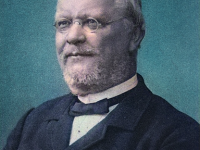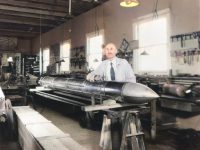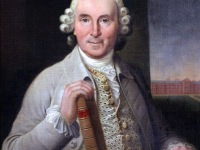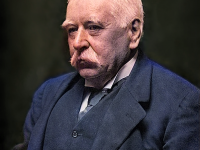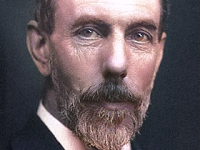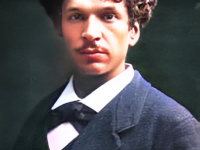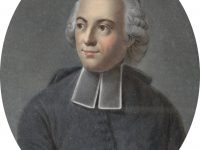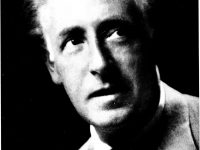Rudolf Leuckart and his Research in Parasitology
On October 7, 1822, German zoologist Karl Georg Friedrich Rudolf Leuckart was born. He is known to be one of the initiators of modern parasitology. Leuckart described the complicated life histories of various parasites, including tapeworms and the liver fluke, and demonstrated that some human diseases, such as trichinosis, are caused by multicellular animals of the various wormlike phyla. “Nowhere is it more true that “prevention is better than cure,” than in the case of…
Read more











